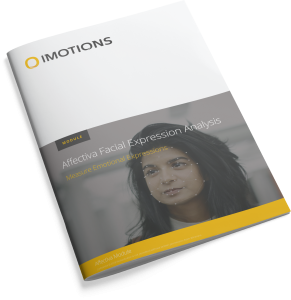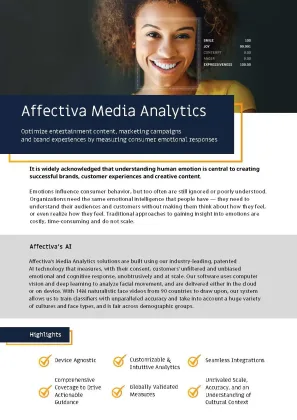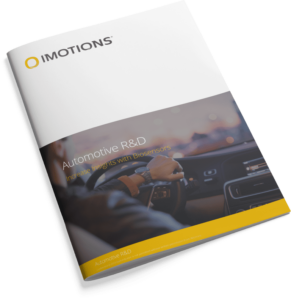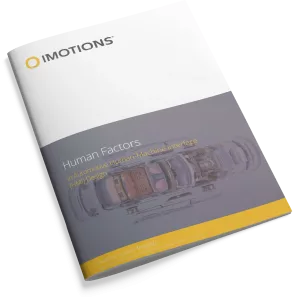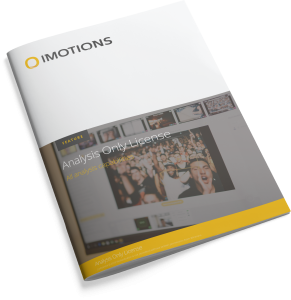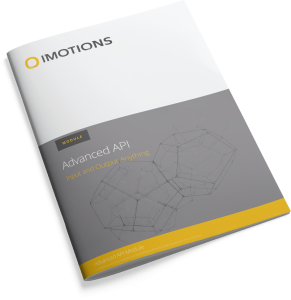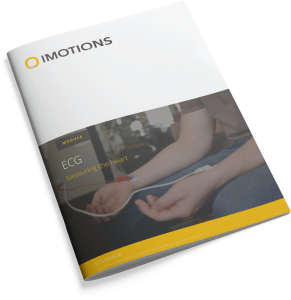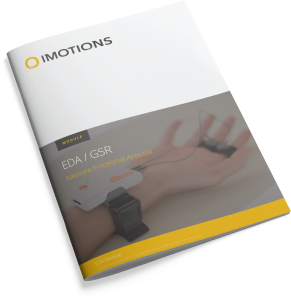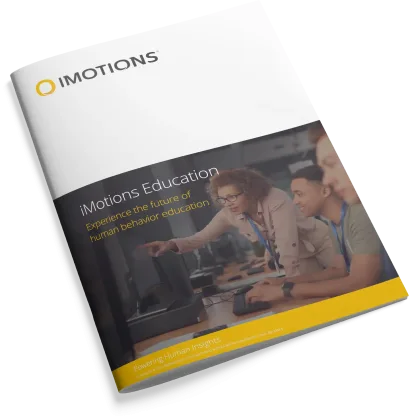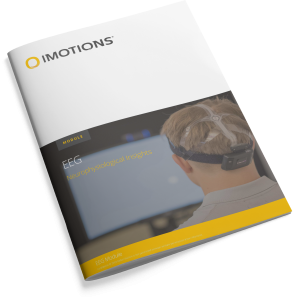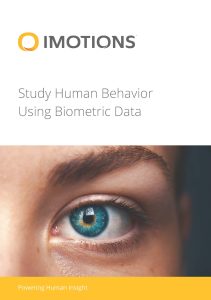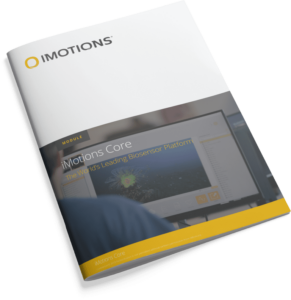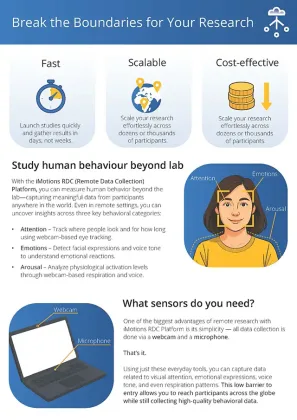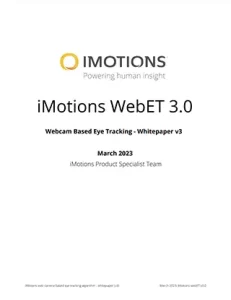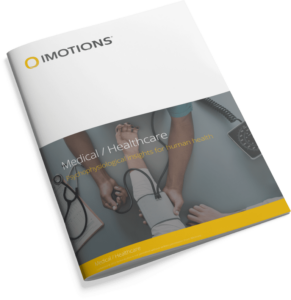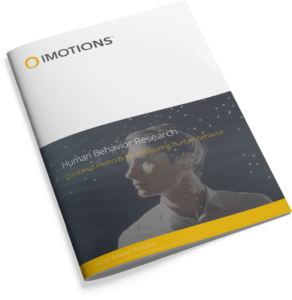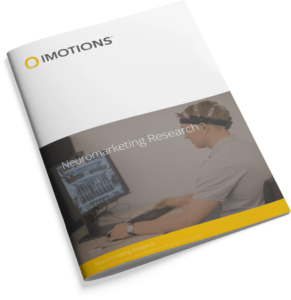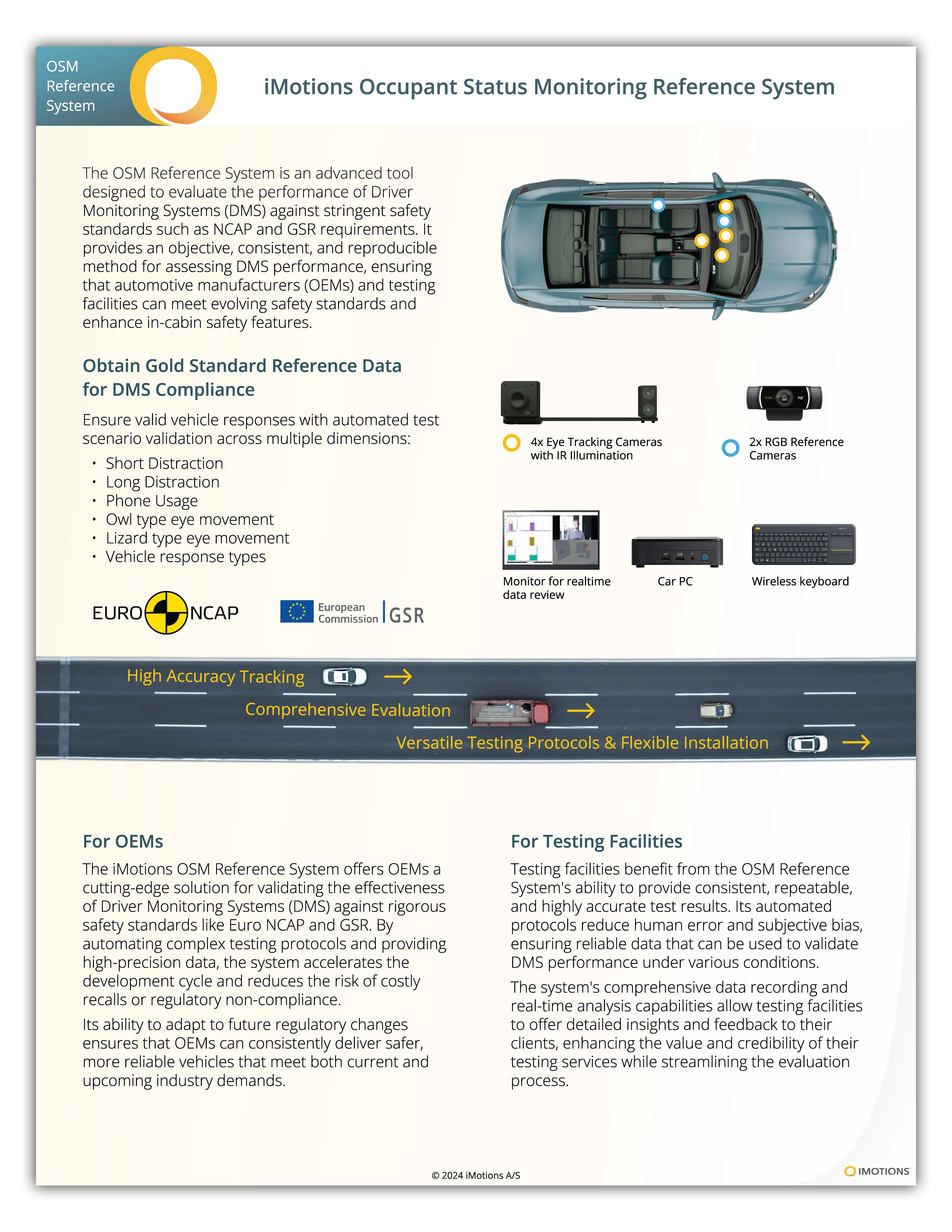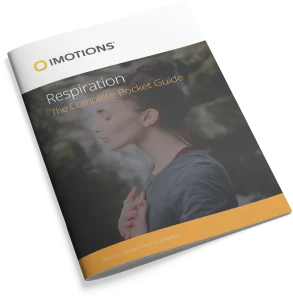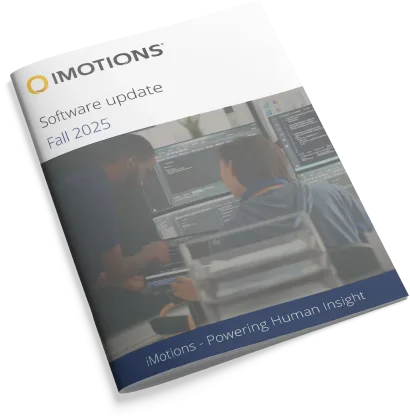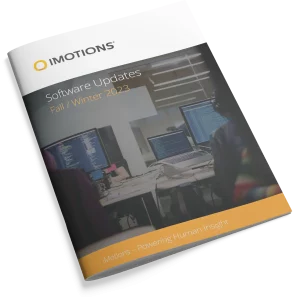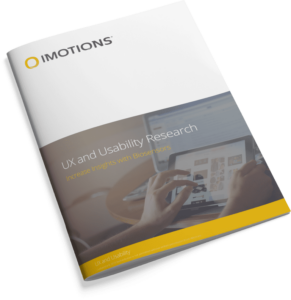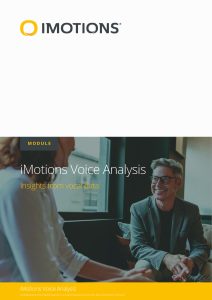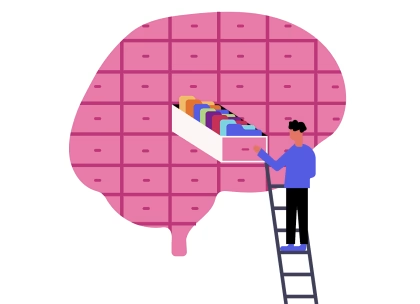Acute sleep deprivation is a common workplace and lifestyle hazard known to affect physiological and cognitive performance. Previous research emphasizes the effect that sleep deprivation has on cognitive performance and often correlates changes in physiological parameters to measured performance. One potential problem with this approach is that there is some ambiguity about the true physiological response to sleep deprivation as the cognitive task employed to elicit some performance measurements may introduce confounds. This work aims to supplement previous works by analyzing physiological metrics from the domains of heart rate variability, electrodermal activity, and eye tracking across 25 h of continual wakefulness collected during a baseline measurement period that did not include a concurrent cognitive task to identify metrics sensitive, but not necessarily specific to, time awake. Of the 78 physiological metrics computed, 31 were shown to be significantly affected by time awake according to a Friedman test (α = 0.05). The patterns of the 31 significant metrics were input into an unsupervised clustering algorithm, yielding five archetypal patterns of behavior over 25 h of wakefulness. Of the five archetypal patterns observed, two were well explained by the Sleep, Activity, Fatigue, and Task Effectiveness model of sleep deprivation and effectiveness.



